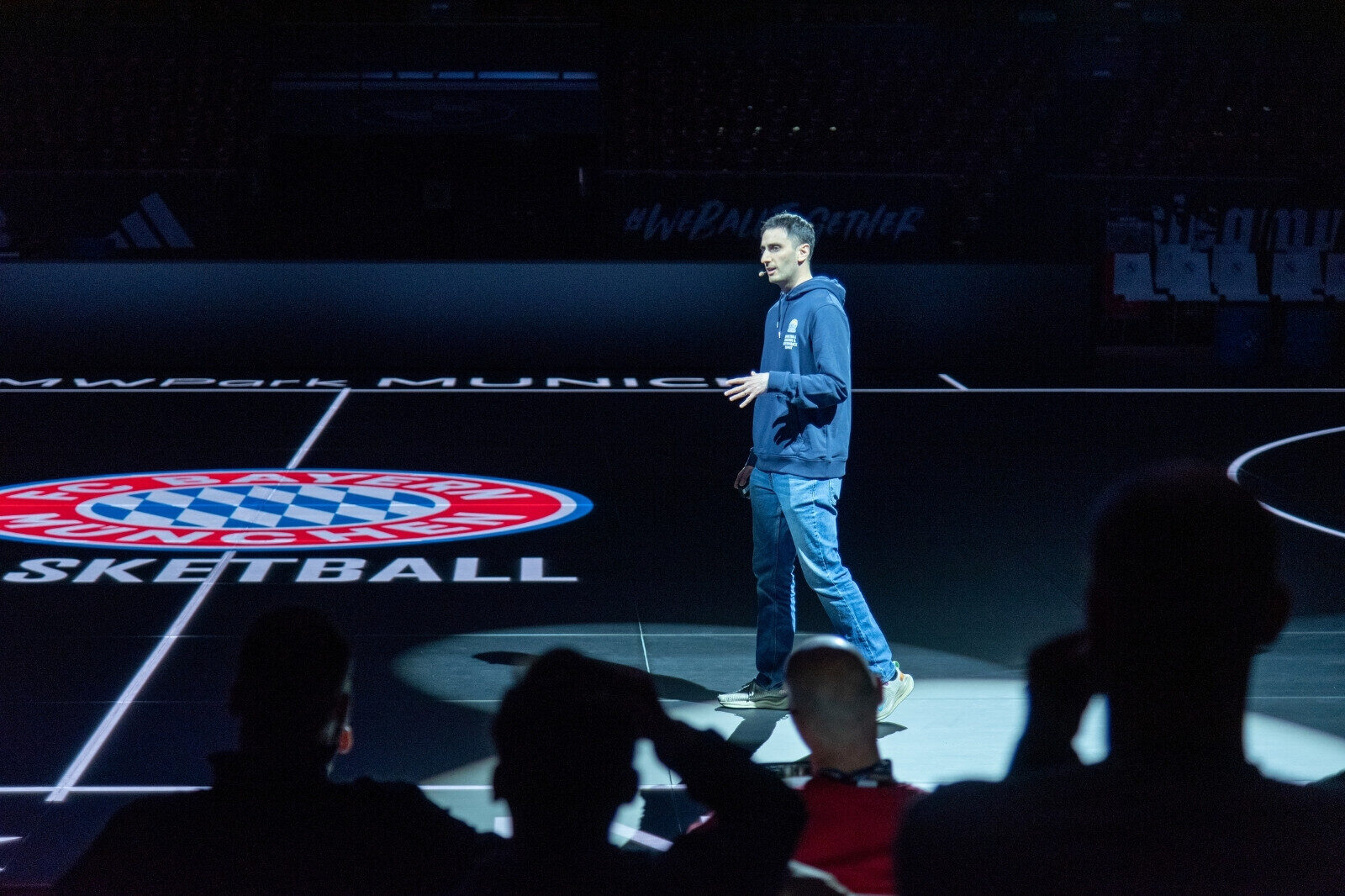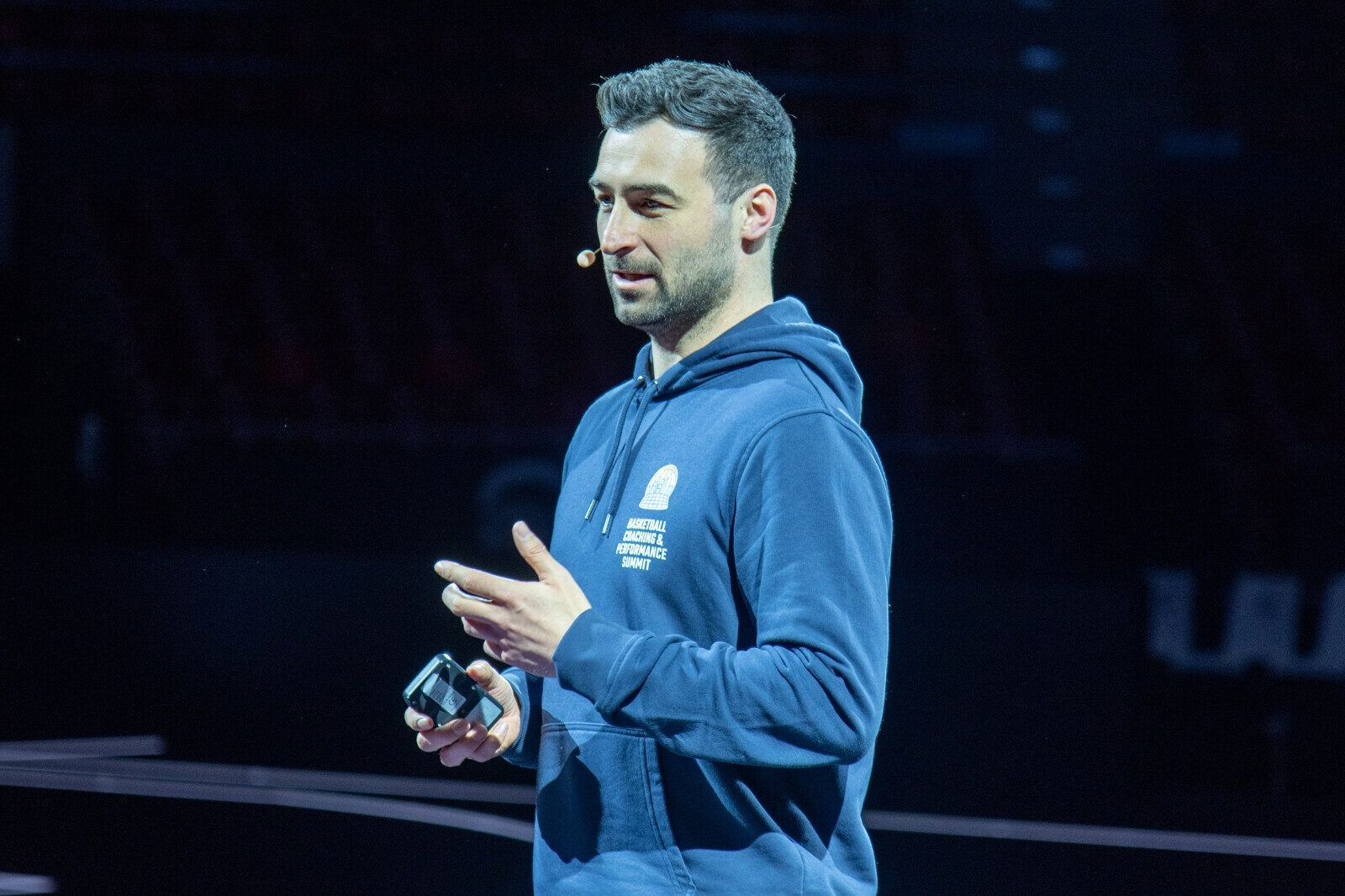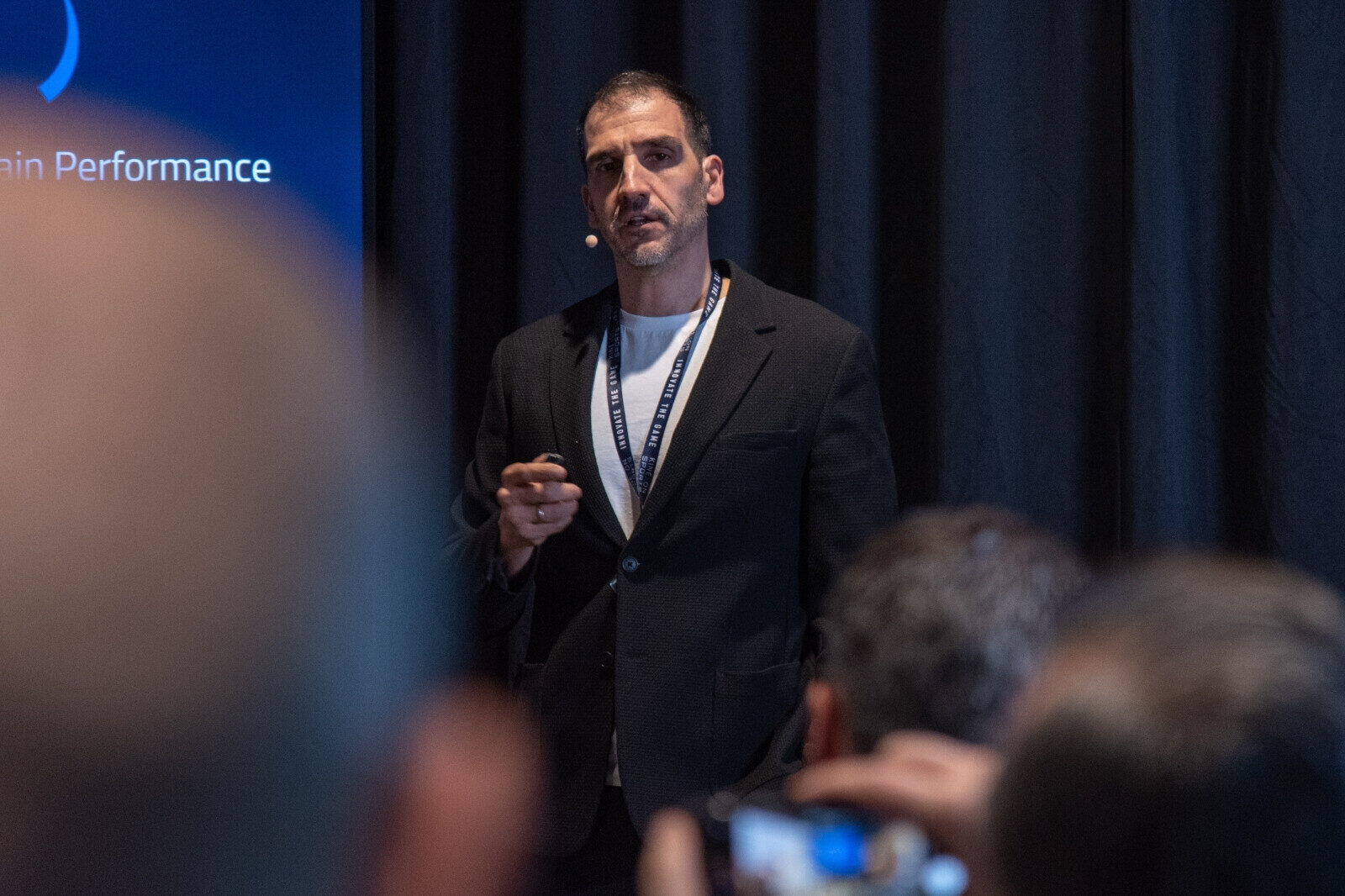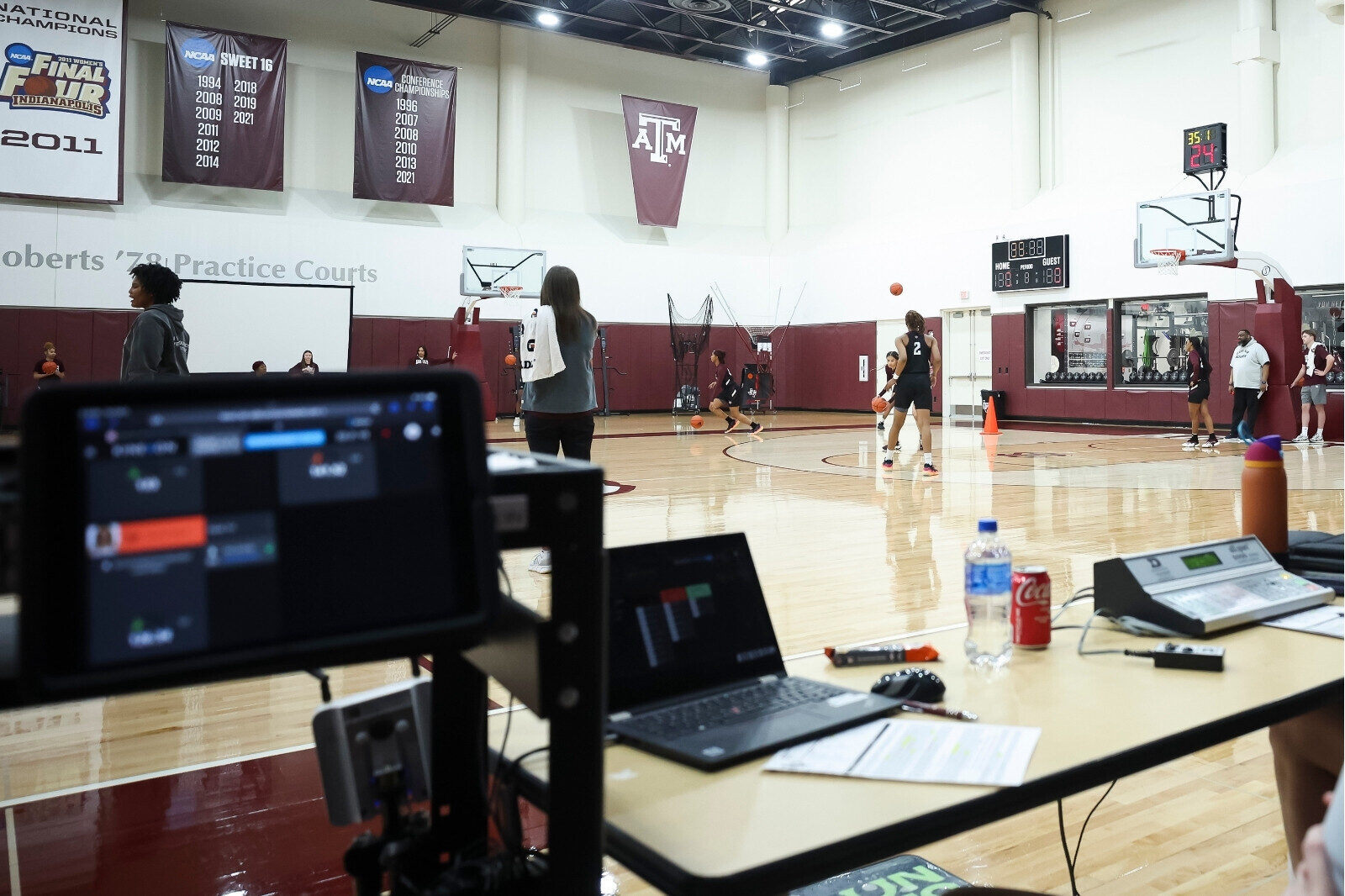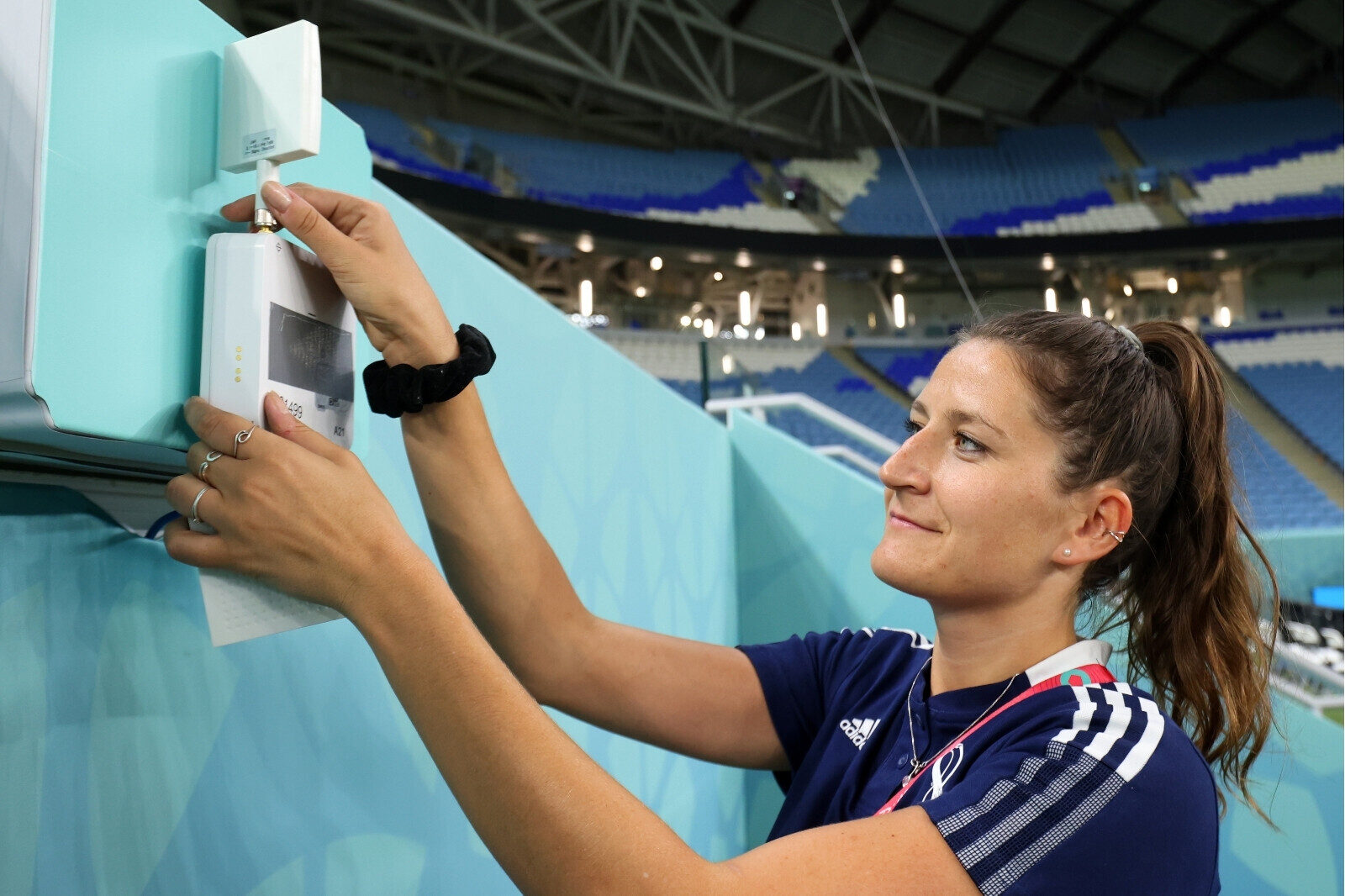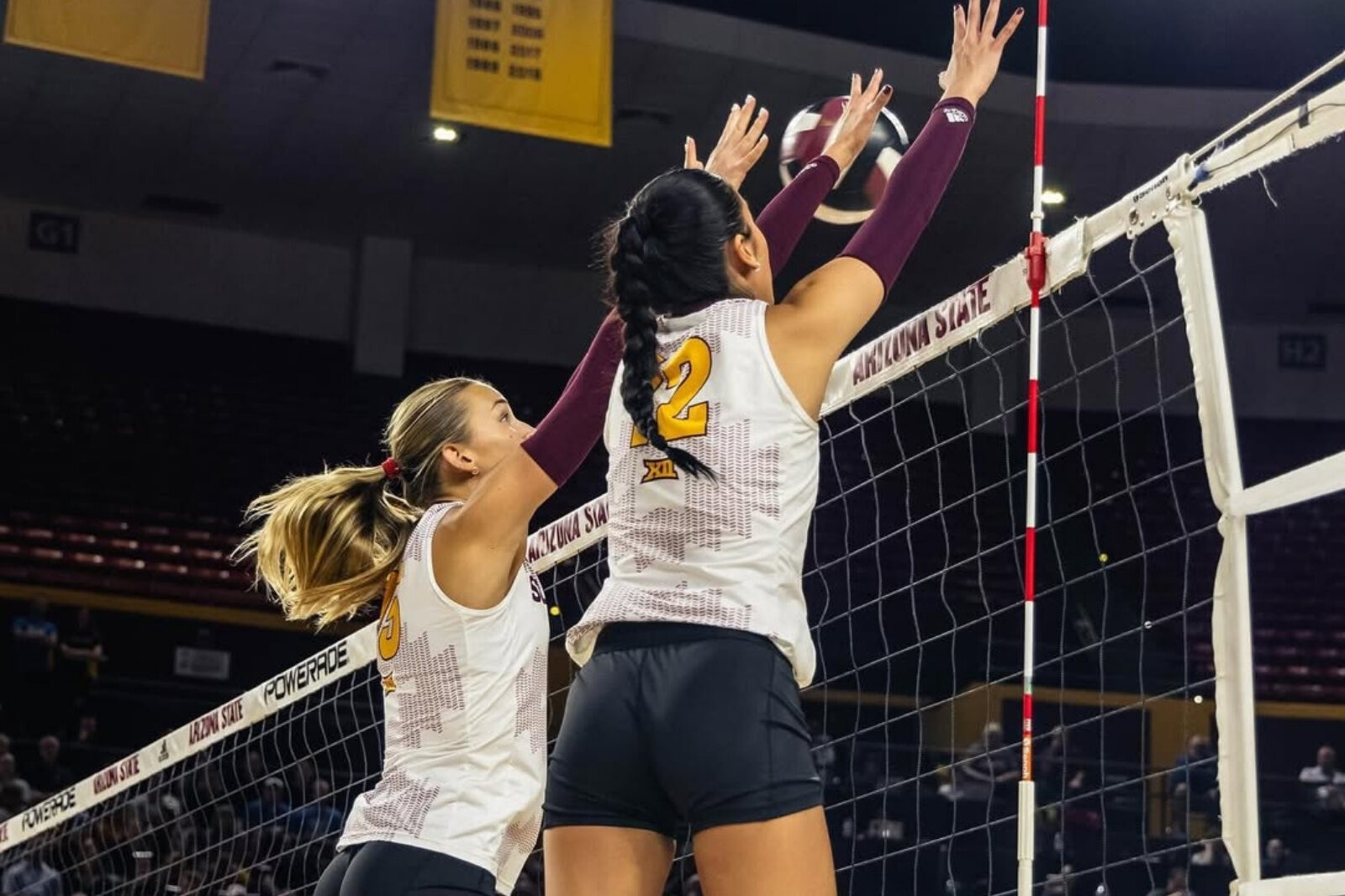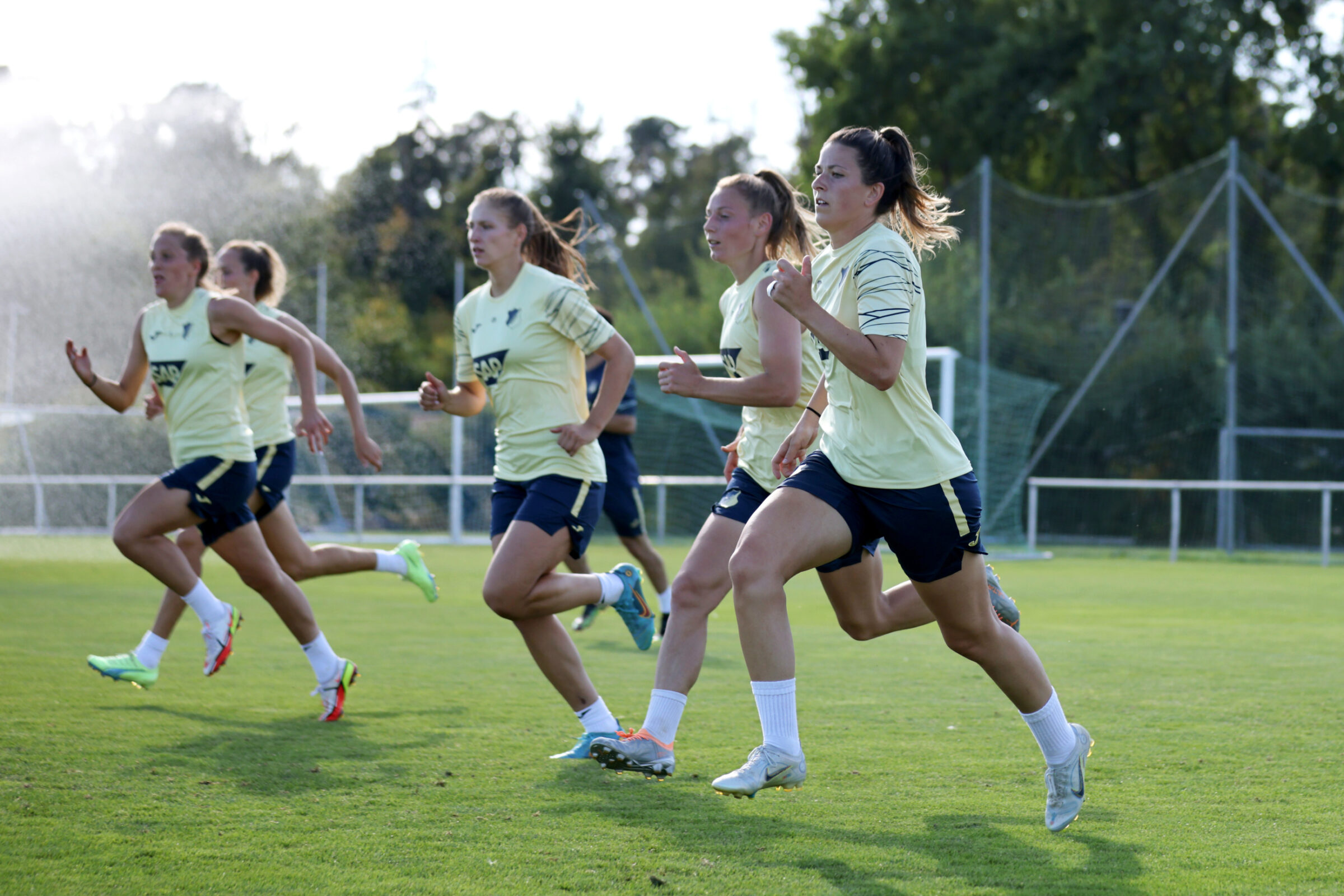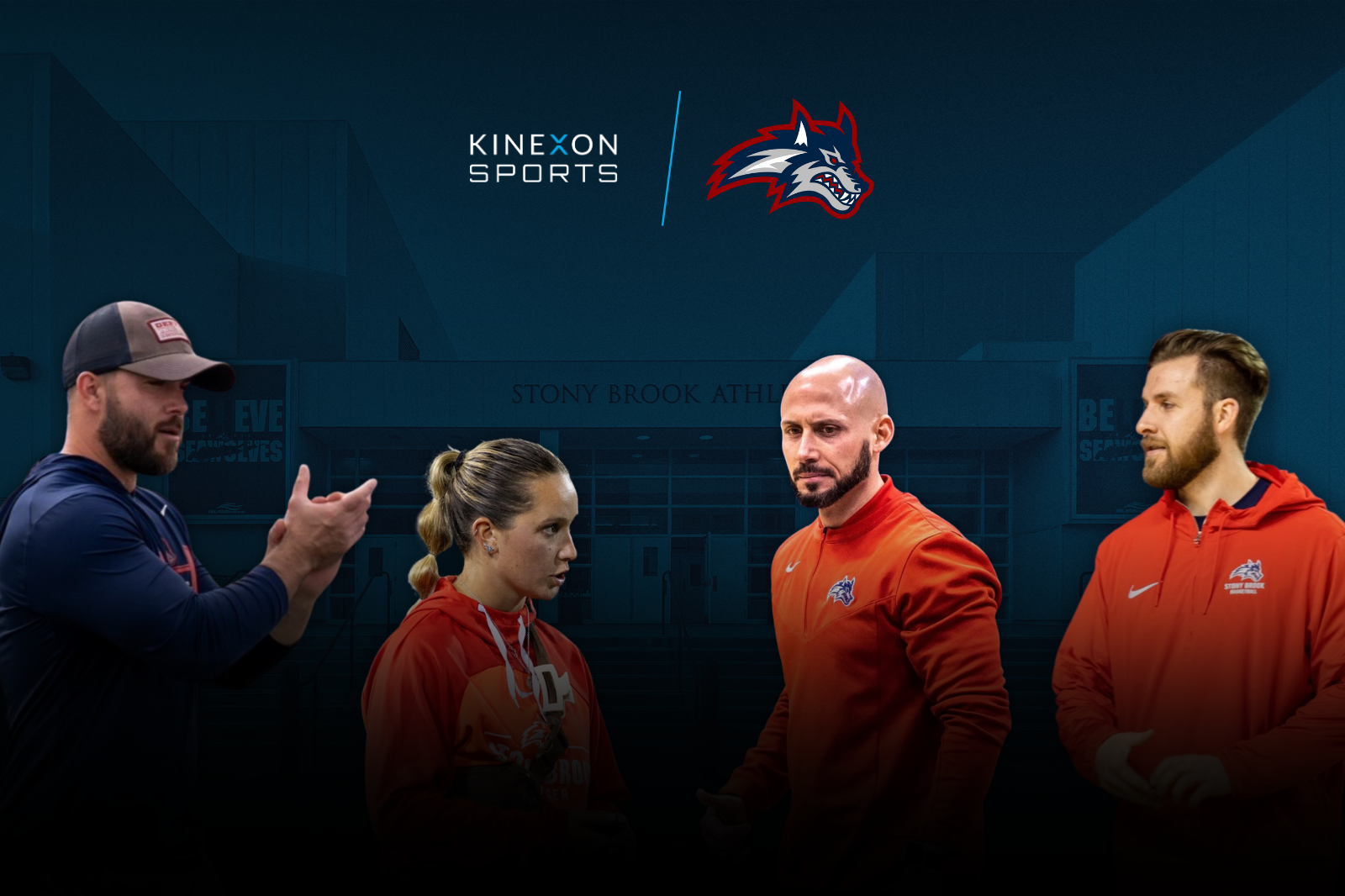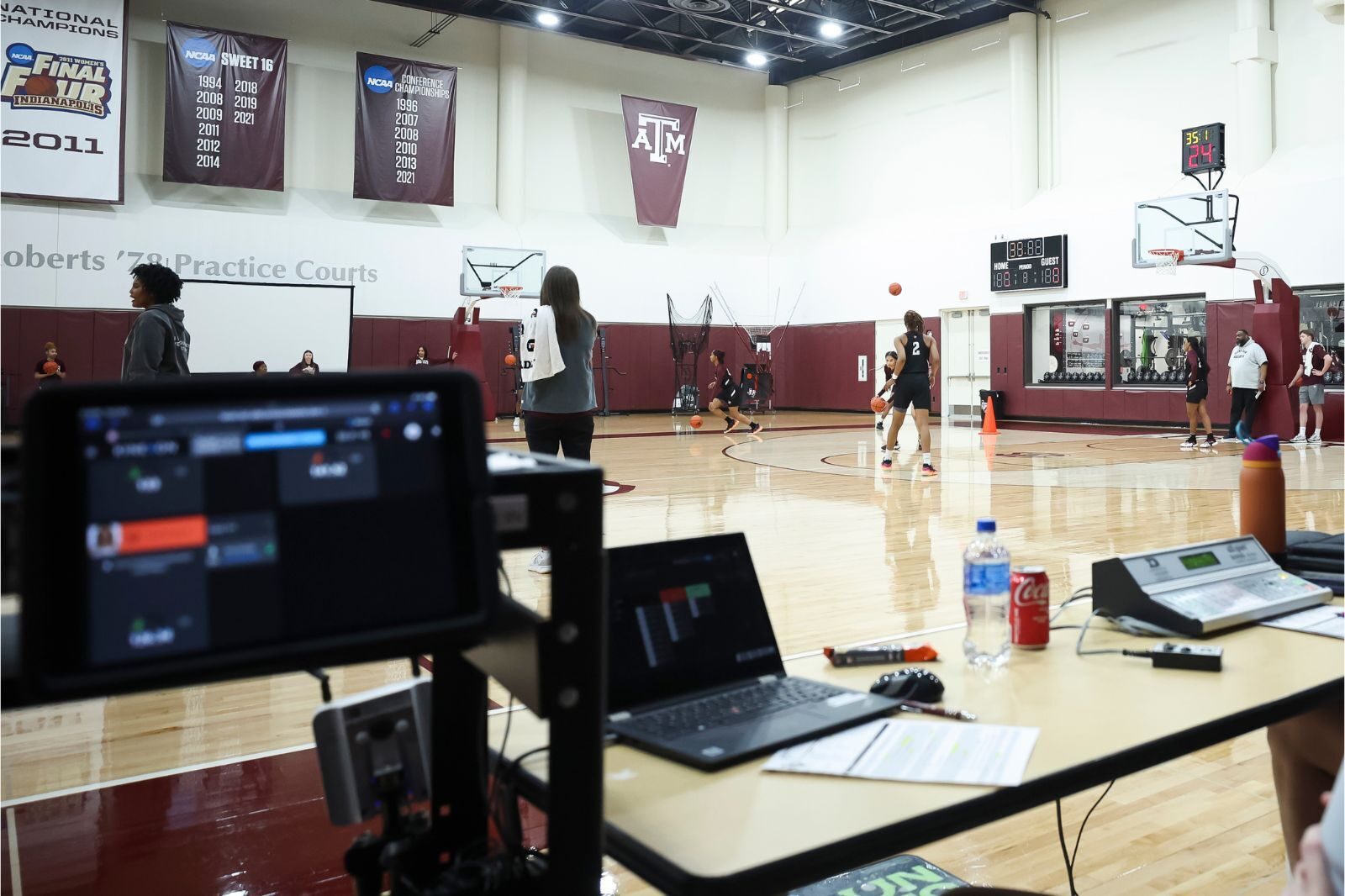KINEXON and the Football Science Institute Enter Into a Strategic Partnership
The Football Science Institute (FSI) is expanding its technology portfolio and now uses KINEXON’s mobile player tracking system KINEXON PERFORM GNSS on site in Granada.
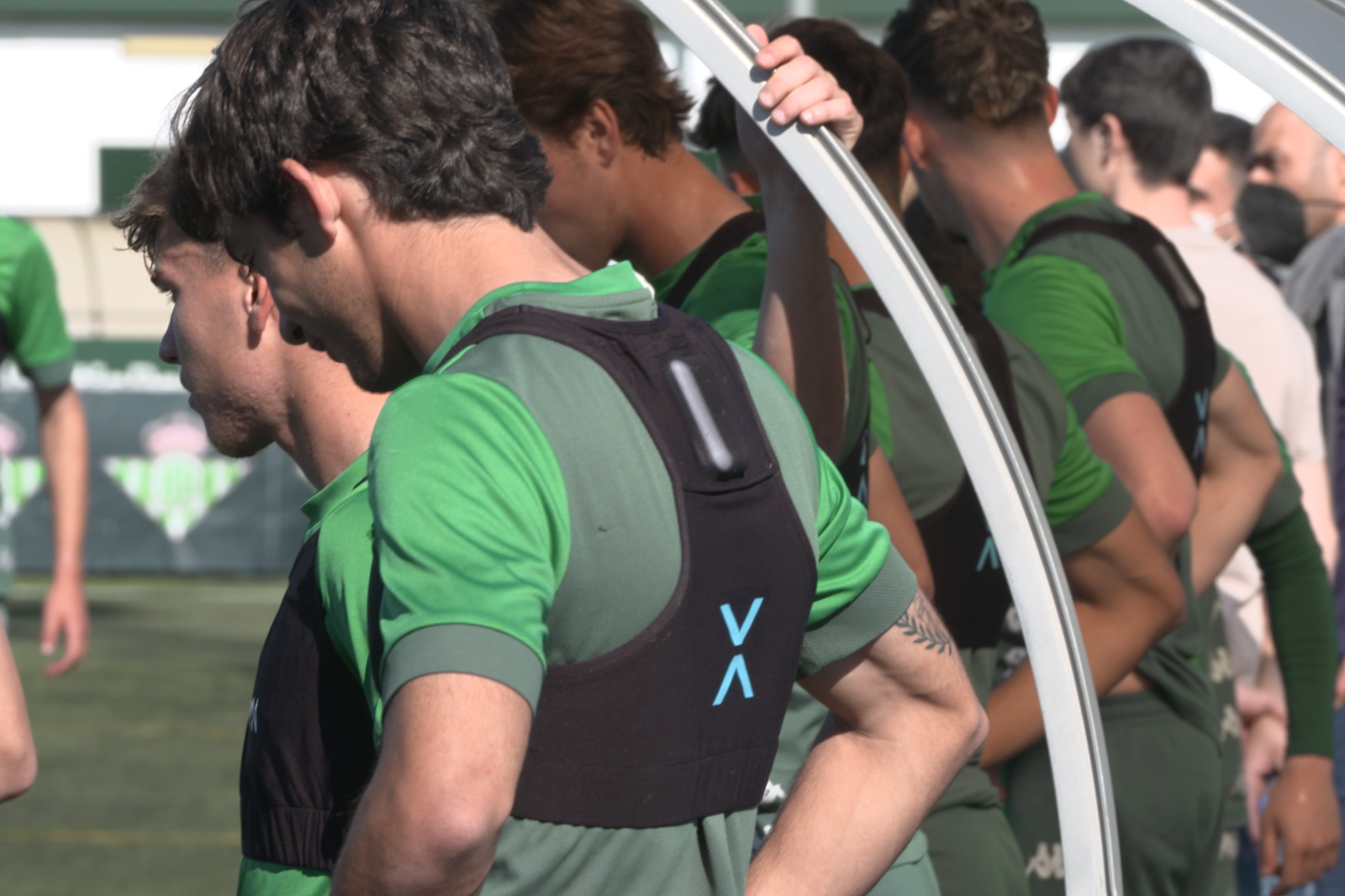
The Football Science Institute (FSI), a global platform of professionals, teachers and experts for the development of football, is expanding its technology portfolio and now uses KINEXON’s mobile player tracking system KINEXON PERFORM GNSS on site in Granada.
FSI’s mission is to constantly update and spread the scientific knowledge applied to players’ performance and teams’ success.
About FSI
The Football Science Institute, an internationally recognized faculty of the highest academic and practical expertise, offers top-level international training courses that can be directly applied to work in professional football. In pursuit of empirical results for the development of football and the progress of the sport, the FSI integrates state-of-the-art sports technologies, such as KINEXON’s, in their research and emphasizes their importance.
“FSI is the reference point for Football Science where you can access the training and the knowledge needed to work in this sport at the highest professional level”
Goal of the partnership and collaboration
KINEXON and the FSI strengthen their joint objective of promoting new methodologies of work and training by signing this partnership. Both companies will work together on the research projects and training actions that the Football Science Institute is developing together with prestigious football clubs.
KINEXON’s experience and the expertise in the field of live tracking and analysis in football together with FSI’s global platform of professionals strive to bring football to the next level. There are great synergies both partners can benefit from: Over the past years, FSI has built an influential community of football professionals and is committed to promote the role of science, technique and technology. KINEXON, as one of the world’s leading providers of real-time sports performance tracking and analytics, is the perfect sparring partner to jointly set new standards of knowledge and training contents in terms of technology.
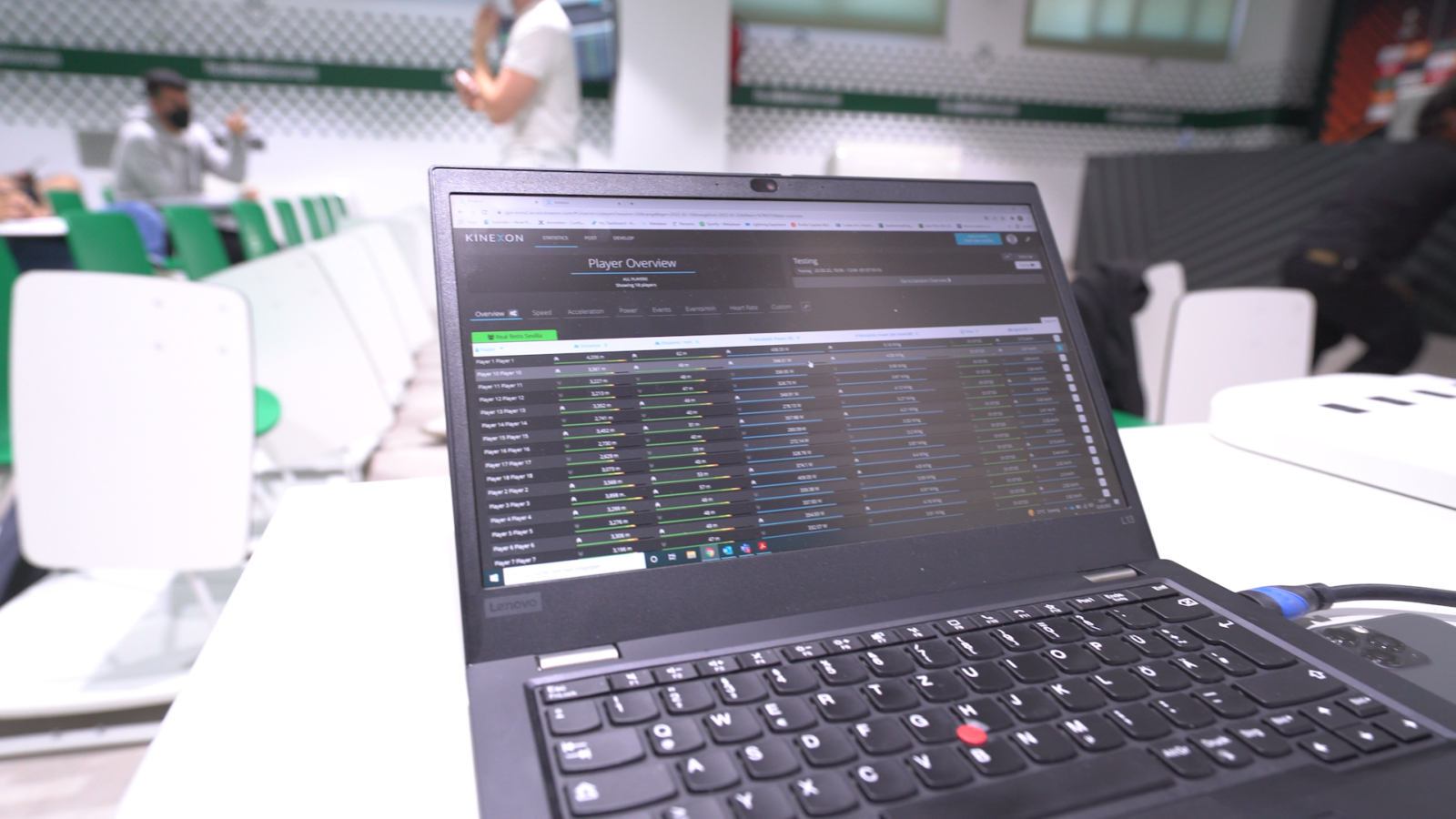
Per Hansen, Vice President Clubs & Federations EMEA at KINEXON, emphasizes the huge potential of the collaboration:
“Both brands will strongly benefit from each other’s network and knowledge. In addition, we are very looking forward to get very detailed, exclusive feedback from FSI without any filter and on the background of well-founded experience and expertise.”
